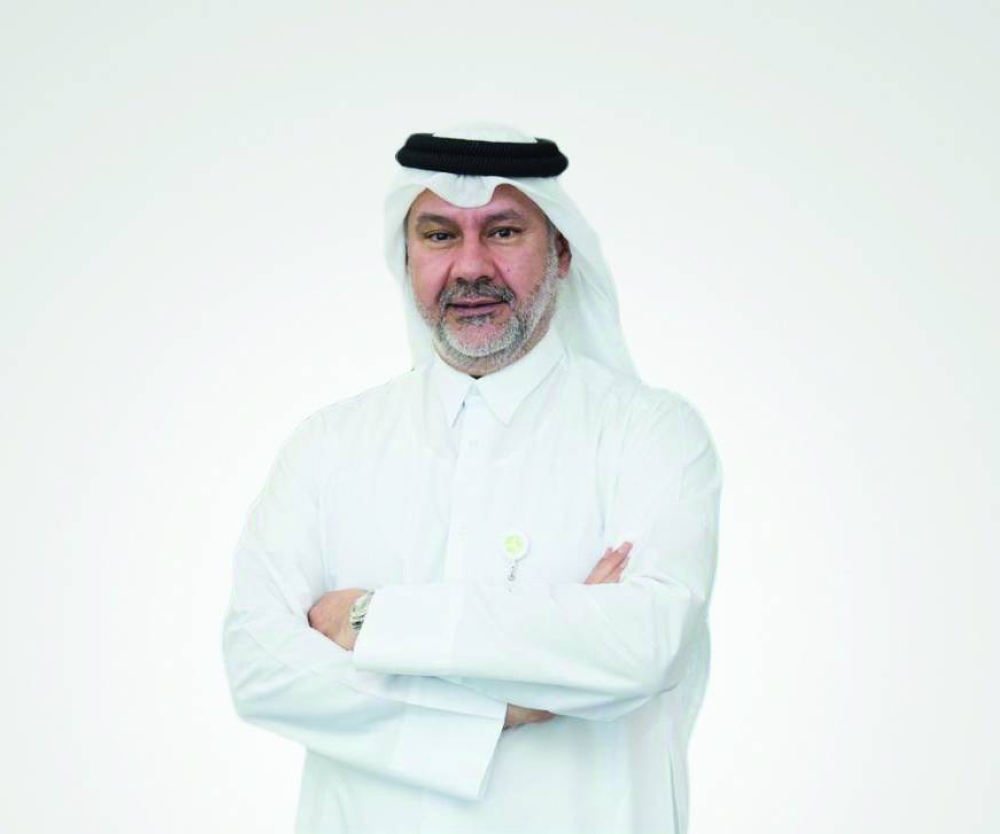Hamad Medical Corporation (HMC) is marking World Sepsis Day by raising awareness about this life-threatening condition that affects millions of people worldwide.
Held annually on September 13, the theme for World Sepsis Day 2024 is "Sepsis Prevention: Save Lives, Stop Suffering".
Sepsis is a life-threatening complication of an infection and arises when the body's response to an infection injures its own tissues and organs. Sepsis can lead to shock, multi-organ failure, and death, especially if not recognised early and treated promptly.
Chief medical officer at HMC, Dr Abdulla al-Ansari said: “Sepsis is a condition that affects millions of people and claims lives worldwide. Our medical teams are trained to recognise the early warning signs of sepsis and implement life-saving interventions without delay. At HMC, we have integrated cutting-edge diagnostic tools and evidence-based protocols to ensure that patients receive the most effective treatment as quickly as possible.”
“However, fighting sepsis is not solely the responsibility of healthcare providers. Public awareness is crucial as 80% of sepsis occur outside the hospitals. We urge everyone to familiarise themselves with the symptoms of sepsis and to seek immediate medical attention if they suspect sepsis. Today we stand united with the global health community in our mission to reduce the burden of sepsis,” added Dr al-Ansari.
Mariam al-Mutawa, acting chief nursing officer at HMC, stated that it is imperative to recognise the pivotal role of nurses as part of the multidisciplinary team in the sepsis programme . “Nurses are often the first healthcare professionals to identify the early signs of sepsis. Their ability to quickly recognise these signs and initiate life-saving interventions is crucial in reducing mortality rates associated with sepsis. Healthcare professionals need to recognise the early warning signs of sepsis and to carry out treatment in severe cases within one hour following diagnosis.”
Qatar’s National Sepsis Programme remains an important initiative to enhance healthcare professionals’ knowledge of sepsis detection and treatment, based on international best practice.
Dr Abdulsalam Saif, HMC Sepsis lead, and division head of the Medical Intensive Care Unit at HMC explained: “This initiative brings together the major healthcare providers in the country under the umbrella of the Ministry of Public Health to work together to develop the best practice guidelines and protocols. We continue to fight sepsis as one of the most important causes of admission to our healthcare system, particularly in the categories of patients at risk due to their underlying conditions such as immunosuppressed patients or patients with chronic conditions like diabetes, kidney, lung or heart diseases.”

Dr Abudulla al-Ansari
